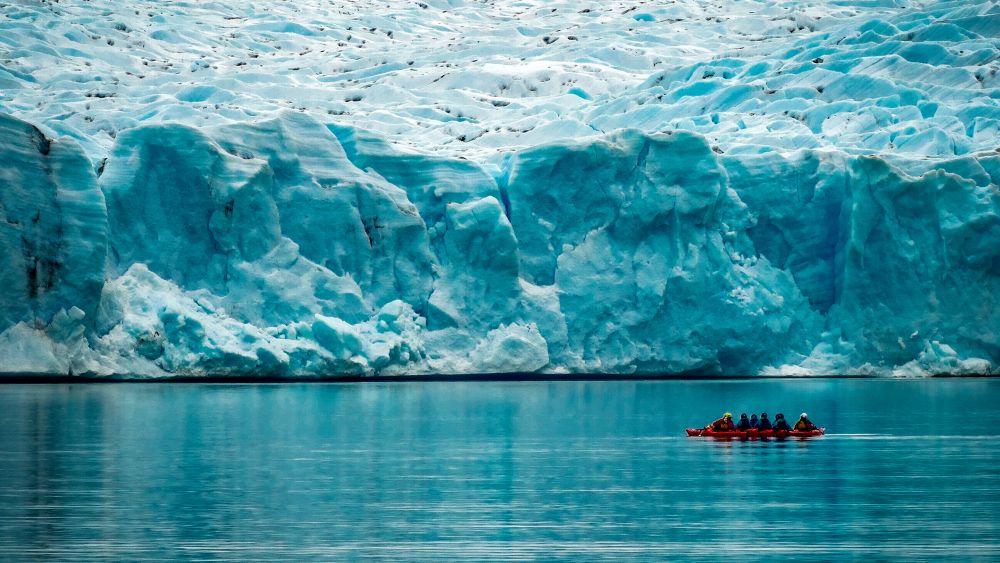Global Warming Reducing Carbon Absorption Capacity of Oceans, Warn Scientists
Rising global temperatures are making the oceans more stable, resulting in an increase in surface temperatures and reducing the carbon absorption capacity. This troubling discovery was recently made by climate scientists who have warned that the findings have severe and profound implications on the planet. Also, global warming is reducing the carbon absorption capacity of the oceans.
Man-induced climatic changes have increased surface temperatures around the planet, leading to atmospheric instability and escalating extreme weather events. However, in the oceans, higher temperatures have a different effect. According to the researchers, increased temperature in oceans slows the mixing between the warming surface and the cooler, oxygen-rich waters below.

Global warming is reducing carbon absorption capacity of oceans | Image: Pablo A. Cumillaf
The report published in the journal Nature Climate Change, the international team of climate scientists said they discovered that stratification had increased by a significant 5.3 percent from 1960 to 2018, worldwide. This process has also escalated by the melting ice sheets.
This increased ocean stratification means that less deep water is rising toward the terrestrial area carrying oxygen and nutrients, while the water at the surface absorbs less atmospheric carbon dioxide to bury at depth.
Study co-author Michael Mann, a climate science professor at Pennsylvania State University, said that a reduction in the amount of CO2 absorbed could mean that carbon pollution builds up faster than expected in the atmosphere. With warmer upper waters receiving less oxygen, the marine life could suffer severe consequences.
Climate change has increased the pace of acidification in oceans, potentially declining their capacity to soak up carbon dioxide. Warmer surface water has strengthened the force and range of deadly tropical storms. At this pace, the changing climatic patterns could result in devastating events all across the globe.


